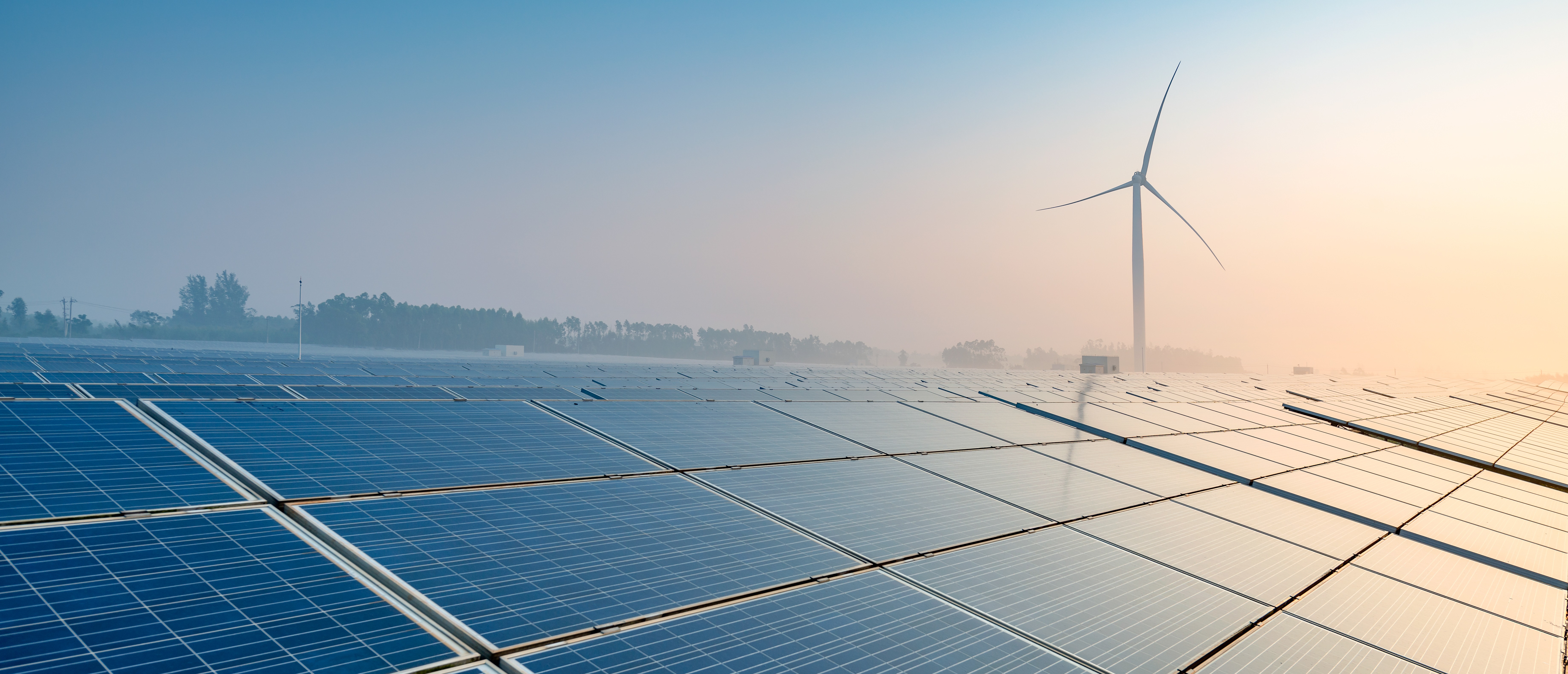
Latest News
Logo
Available in
English
Today the European Commission is releasing a set of proposals to reform the EU energy market, particularly for electricity. The Commission has understood that for the transition to a cleaner, more sustainable energy market to be a success, consumers need to become more involved in energy markets. Therefore, the Commission is keen to improve the clarity and quality of information consumers receive on their energy consumption, particularly on bills or through new, smart technologies. The Commission is also releasing its long-awaited Ecodesign work plan which sets design standards for energy-using products so they become more efficient and cut energy bills for consumers. On the downside, however, consumers who have invested in solar panels to produce their own electricity could find the road bumpier in the future.
Available in
English
Available in
English
Available in
English
The European Consumer Organisation and its Slovak member ZSS met the Slovak First Secretary of State of the Ministry of the Economy, Mr Rastislav Chovanec, to present their expectations for the first ever Slovak EU Council Presidency.
